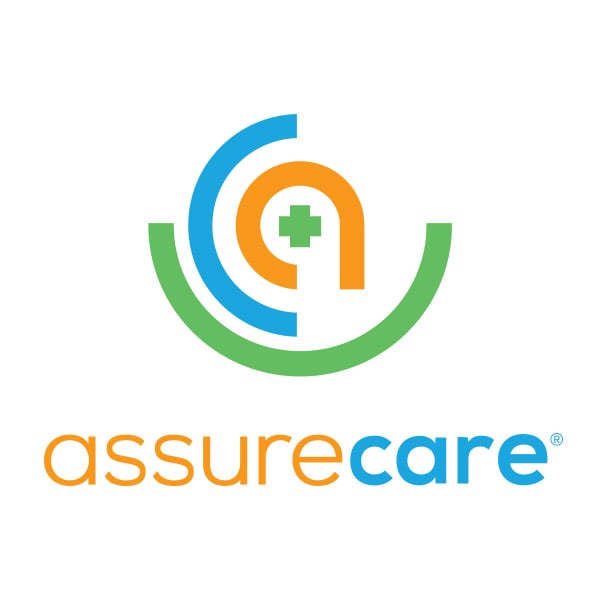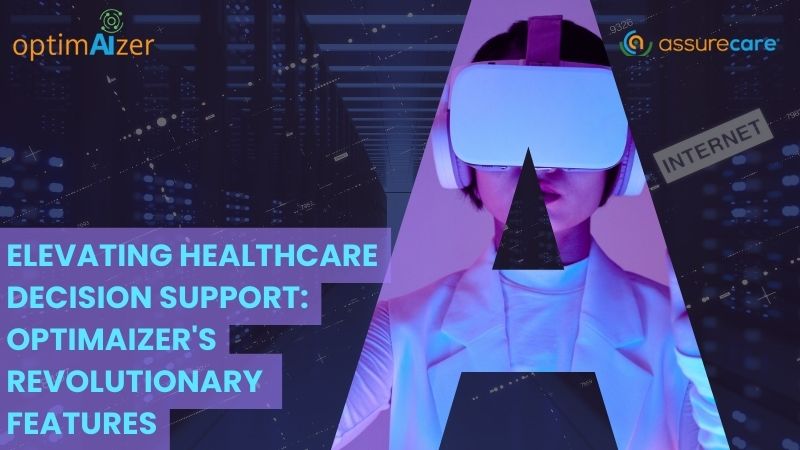
Utilization Management
Verify eligibility, optimize reviews, and streamline appeals and grievances.

Utilization Management
Verify eligibility, optimize reviews, and streamline appeals and grievances.

Care Management
Enable preventative care, manage medical interventions, and efficiently report on program outcomes.

Medication Management
Perform and bill medical services, ensure medications are safe and effective, and identify ways to improve care.

Quality Management
Improve outcomes, lower costs, and adhere to standards, such as HEDIS, Stars, and PQA.

Specialty Pharmacy


Tara Pfund
February 5, 2024


AssureCare
October 27, 2023


Kelly Malkamaki
August 22, 2023

Artificial Intelligence System
Elevating Healthcare Decision Support: OptimAIzer's Revolutionary Features

AssureCare
August 16, 2023

Stay in the know
The latest healthcare insights. Straight from our experts to your inbox.